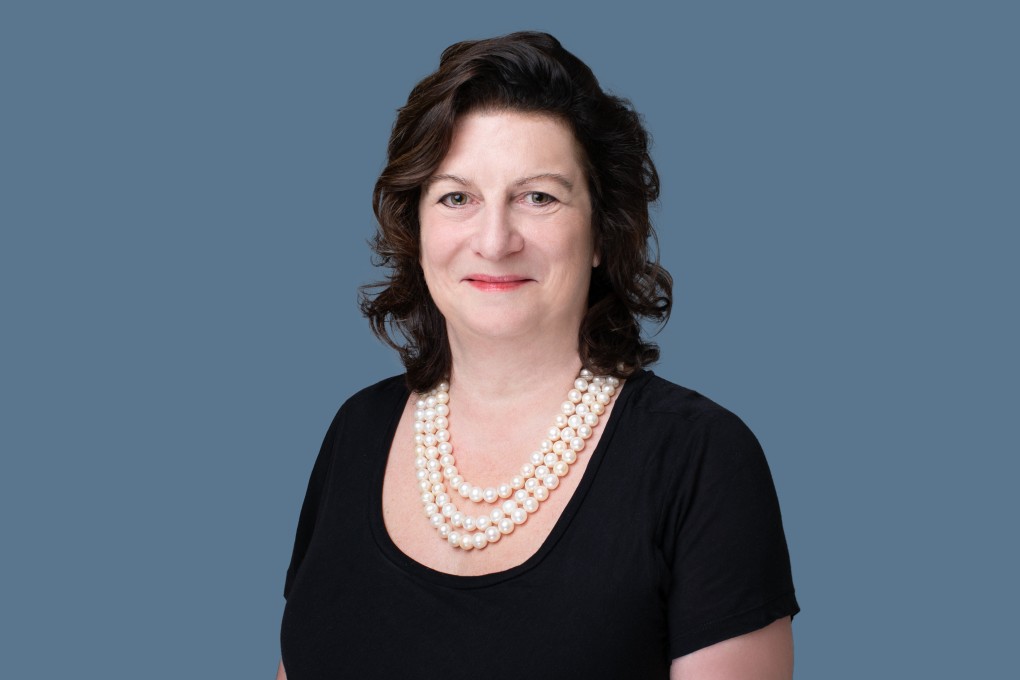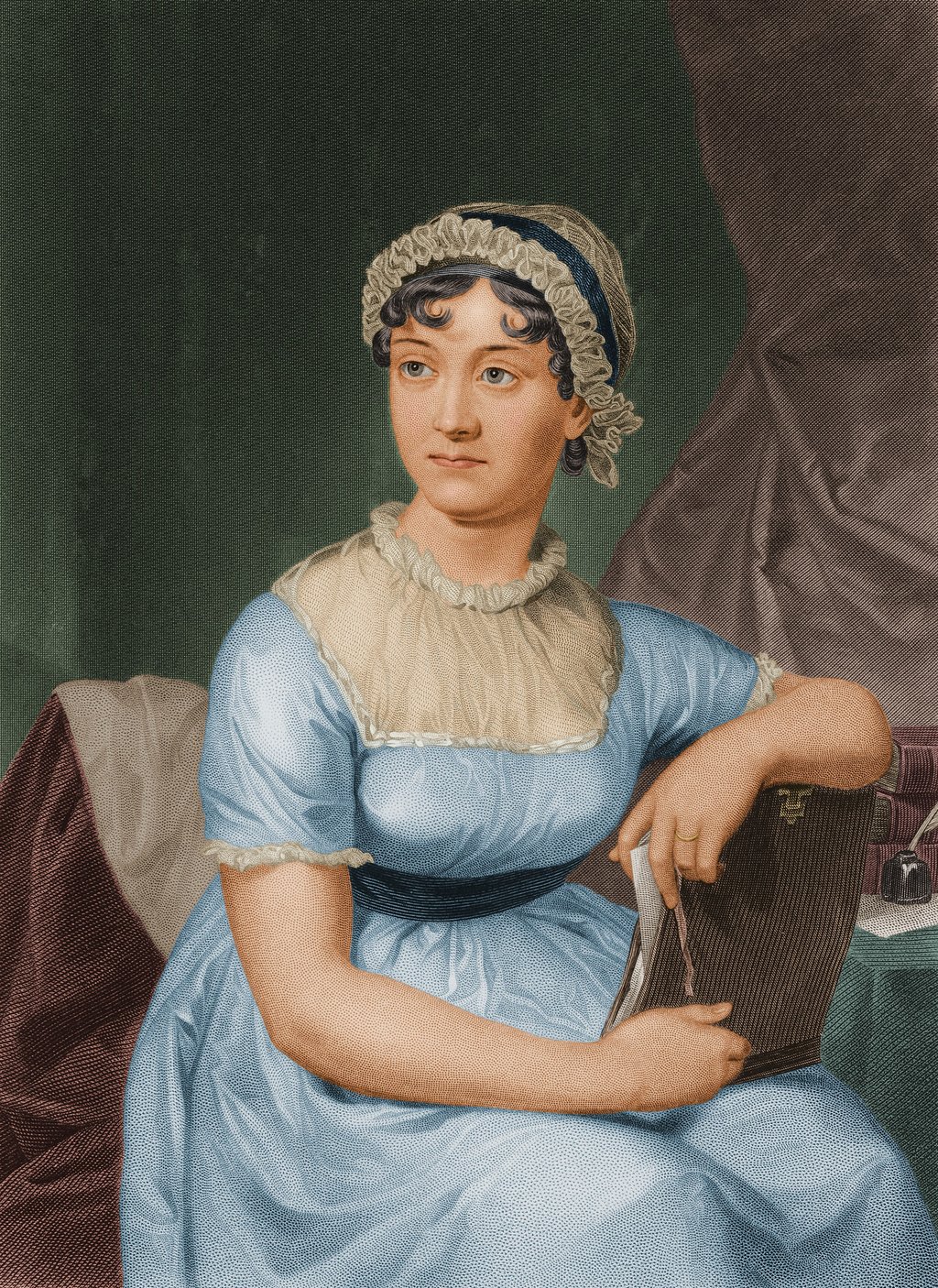How Jane Austen’s book Persuasion changed the life of a Hong Kong mental health charity founder and decorated obstetrician
- Lucy Lord MBE, founder and executive chair of Mind HK, has reread Austen’s final work Persuasion over and over again for 50 years
- She says Austen’s descriptions of women’s personality traits and disorders are so finely drawn as to be diagnostic – but she remains compassionate

“Persuasion” (1817), the final work by Jane Austen, one of the greatest of all English-language novelists, tells the story of Anne Elliot, and her complicated reconnection aged 27 with her former suitor Frederick Wentworth.
Lucy Lord MBE, a decorated obstetrician who is also the founder and executive chair of mental health charity Mind HK, tells Richard Lord how it changed her life.
I was between 14 and 16 when I first read it. My mother was reading Pride and Prejudice, and I picked it up when she’d finished it. I loved it so much that I went through and read all of Jane Austen’s novels really quickly. The first time I read Persuasion, I read it like it was a Mills & Boon.
I didn’t think that deeply about it at that age.

Over the years, I have reread all her novels but my favourite is Persuasion. I started rereading it more and more often. What I saw in it grew with my stages of professional development; every time I’ve read it over the past 50 years, my life has changed a bit.
As I understood more about life, I was more impressed by Jane Austen’s understanding of it – particularly how she understood women, once I started to do obstetrics and spent my life looking after women and most of my time working with women professionally.
